Human Rights of Women
Source: Amnesty International
The statistics tell a sobering tale. Burkina Faso has the 7th highest rate of child marriage in the world.
More than half of all women were married before the age of 18 and 10% before age 15. Some girls as young as 11 are forced into marriage. Burkina Faso also has one of the world’s lowest rates of contraceptive use – only 17% of women. Many are denied contraception or use it in secret, out of fear of their husbands or in-laws.
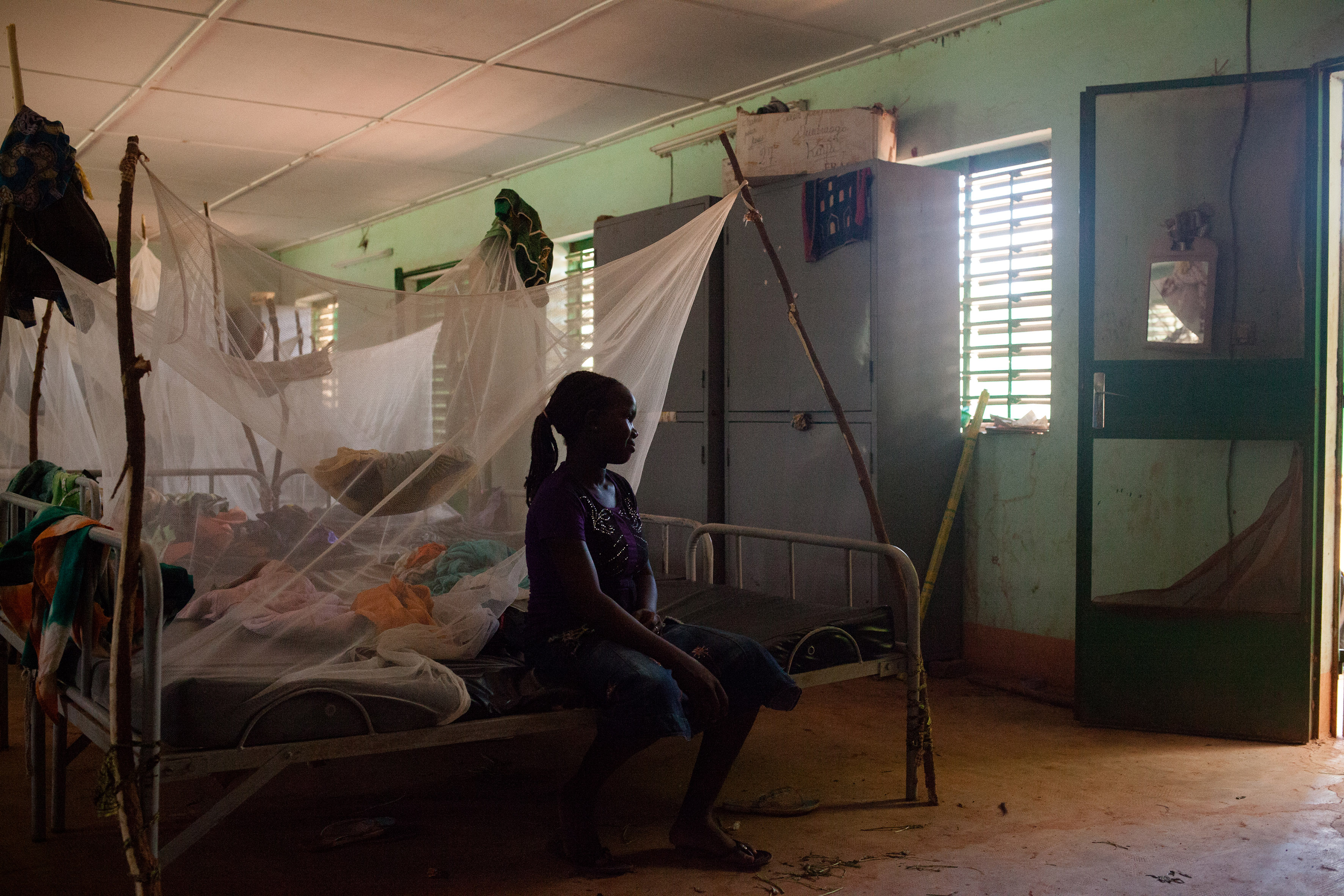
The end result is that by the time they are 19 years old, most girls are married, and nearly half of them are already mothers. They are raising children when they are still children themselves, in a country with one of the highest rates of maternal death in the world.
But within this bleak picture are spots of light, like candles in a dark room, moments of grace in the midst of a battlefield. These are the people – the women and girls – whose stories illuminate a landscape dominated by such stark realities.
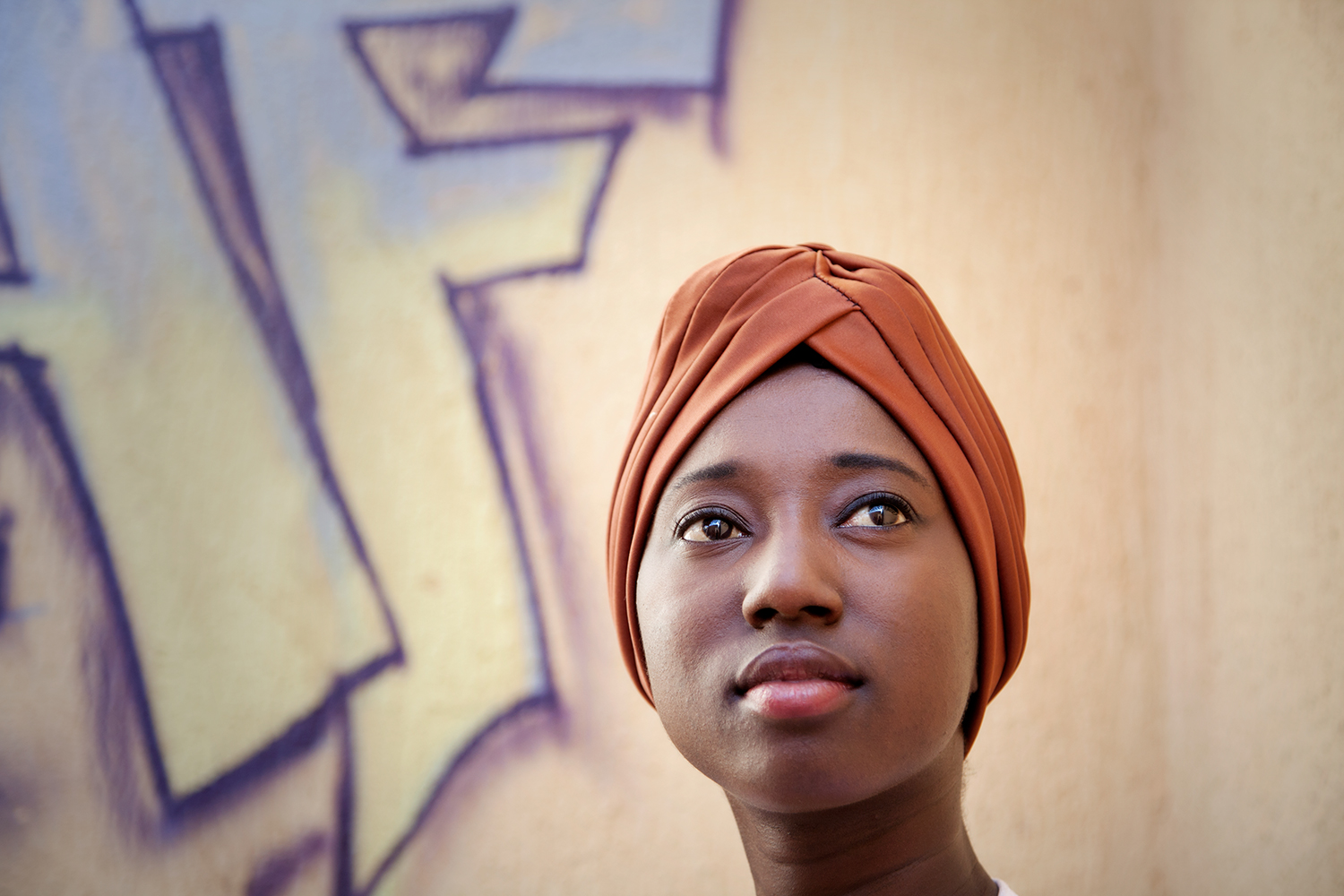
She is a poet with a conscience.
Slam poetry artist Malika Ouattara, known as ‘Malika La Slammeuse’, is a student and women’s rights activist whose socially conscious music gives voice to some of the deepest concerns of girls and young women like herself, including love and unplanned pregnancy. Why slam poetry? Her response: “I slam for you.”
Ouagadougou, 13 January 2016, Leila Alaoui
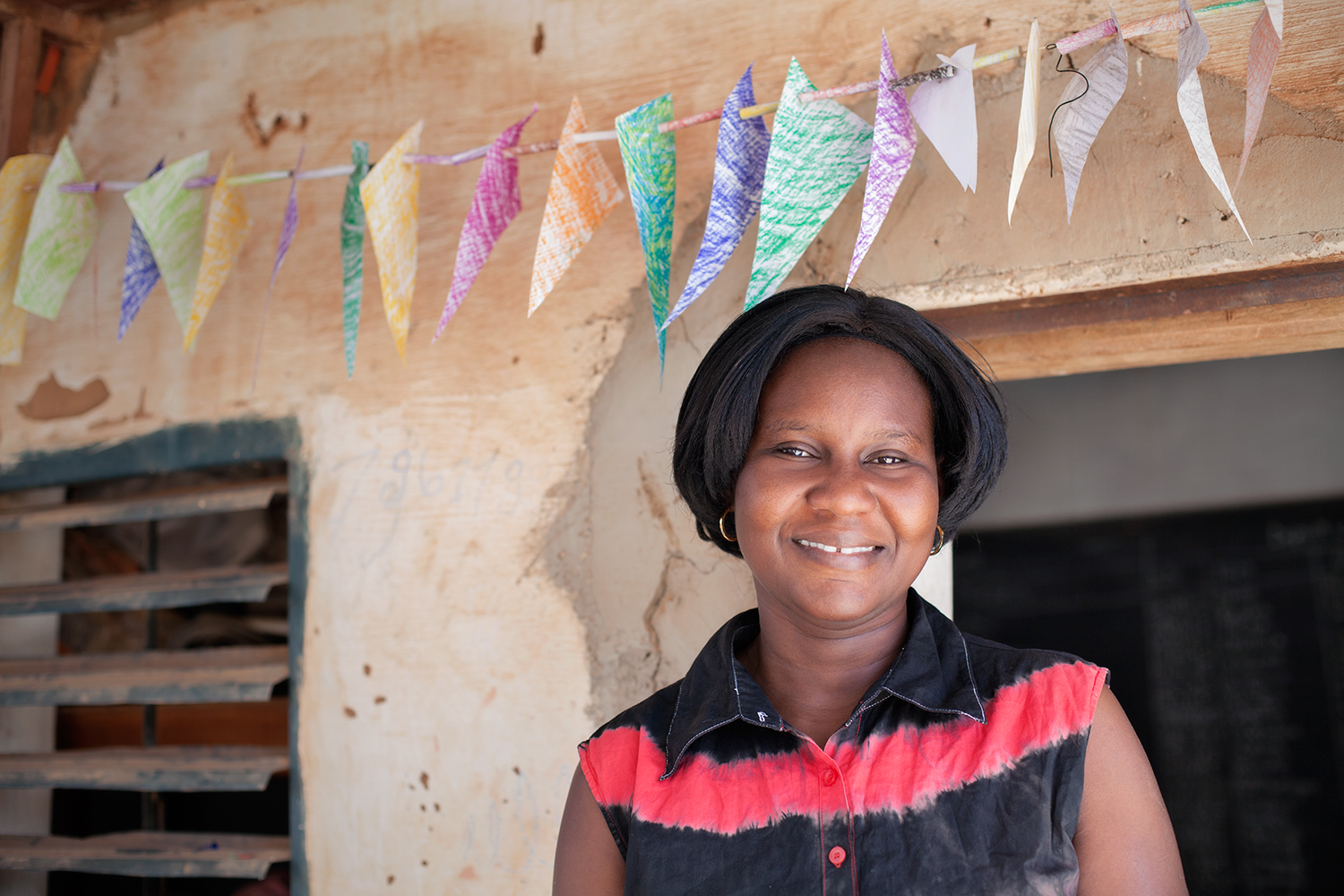
She is a restorer of smiles.
For the past eight years, Martine Kaboré, a psychology graduate, has worked at the Pan Billa shelter for survivors of forced marriage, rape and unwanted pregnancy. “I chose this profession because it is noble,” she says. “It’s noble to help girls who are in such a difficult situation to find their smile, their hope and their self-esteem again.”
Ouagadougou, 13 January 2016, Leila Alaoui
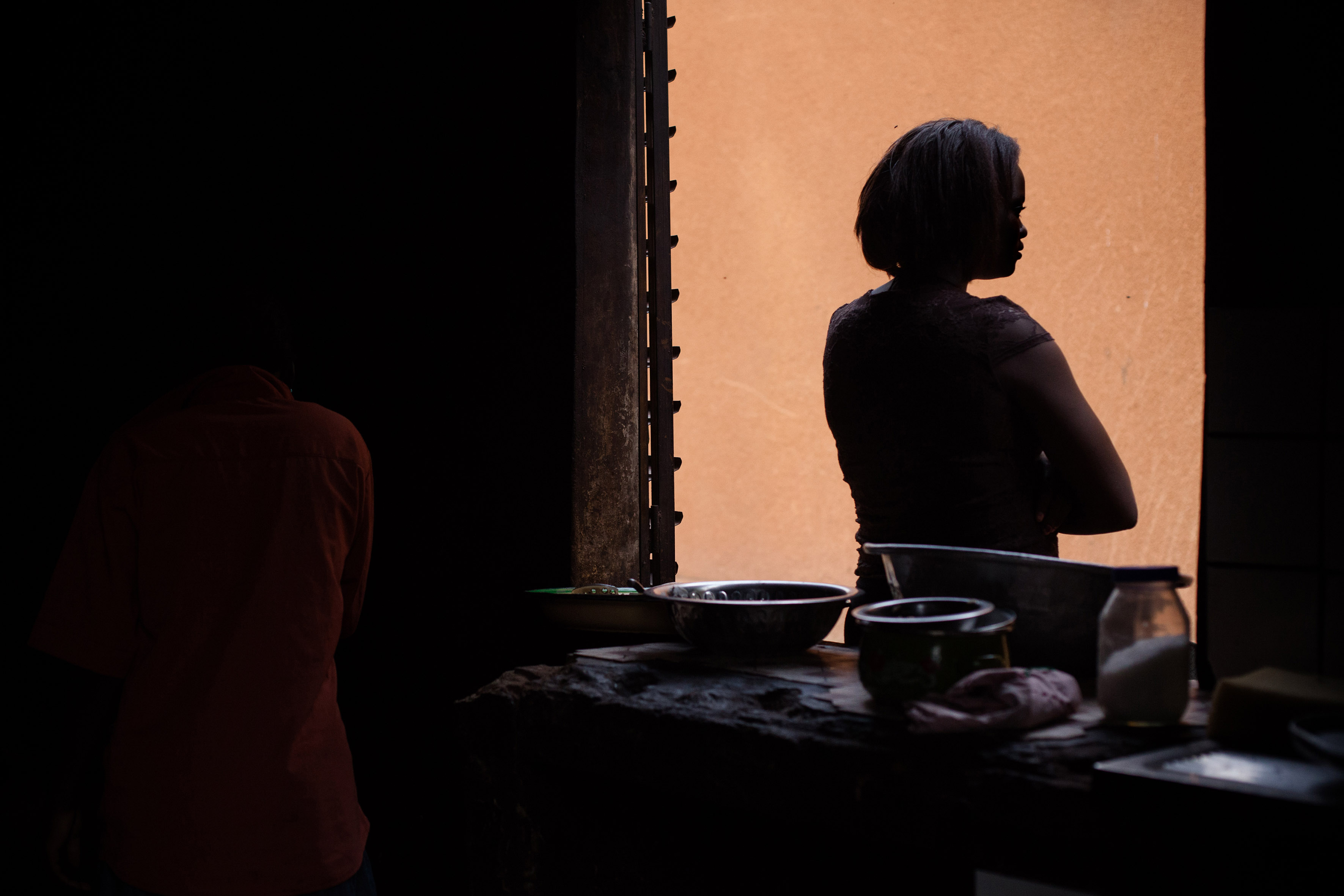
She is determined to live on her own terms.
At age 17, she fled her village in west central Burkina Faso after her family forced her to marry against her will. She found refuge at a shelter in central Ouagadougou that provides a safe haven and support to survivors of rape, early and forced marriage and unwanted pregnancy.
Ouagadougou, 5 August 2015, Sophie Garcia
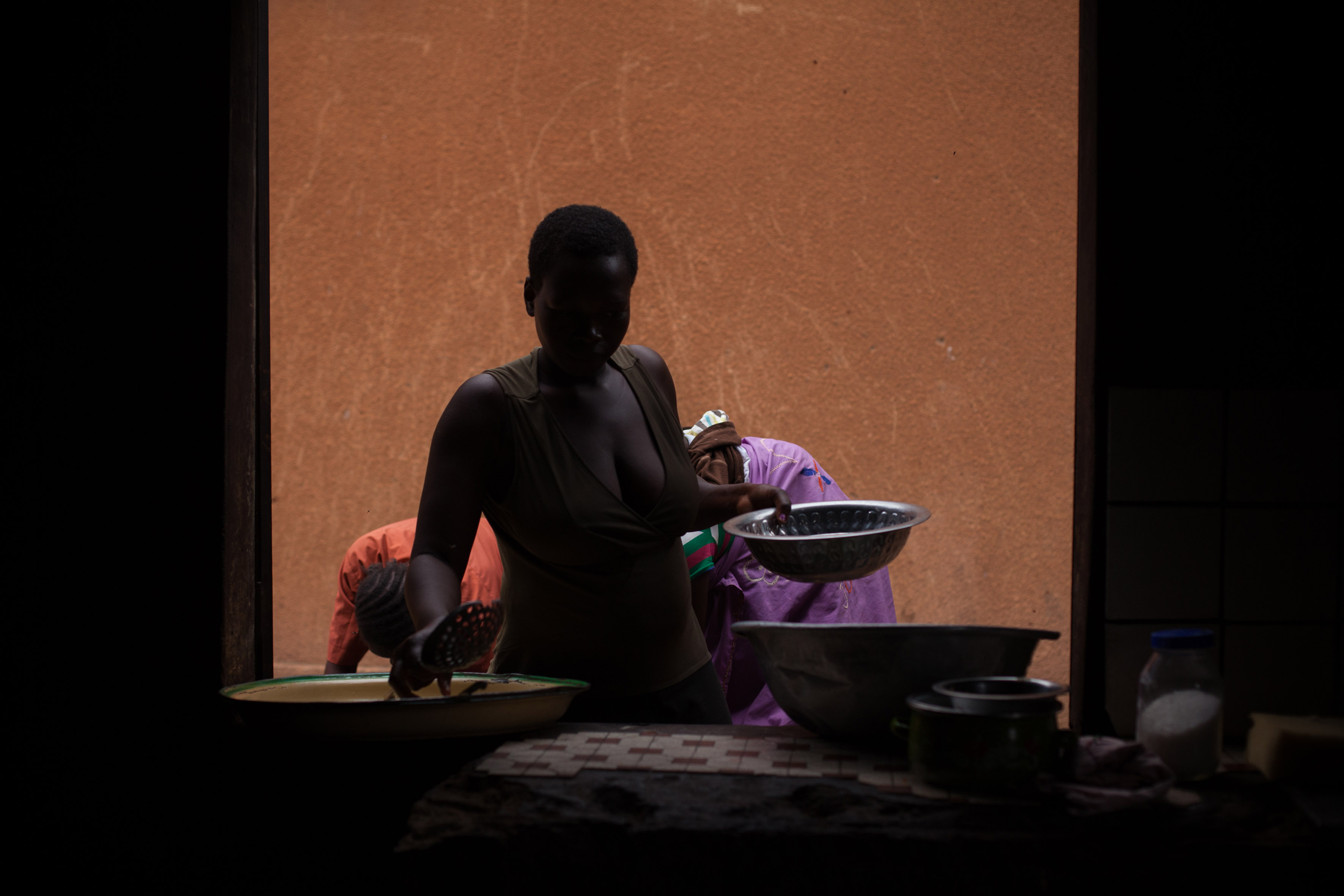
She is a maker of comfort food.
At this shelter in Ouagadougou, girls who have lived through rape, early and forced marriage and unwanted pregnancy cook their own meals that they share in a spirit of comfort and togetherness. Girls who have endured these difficult situations are often rejected by their families. The shelter offers them a home and helps them rebuild their lives
Ouagadougou, 8 August 2015, Sophie Garcia
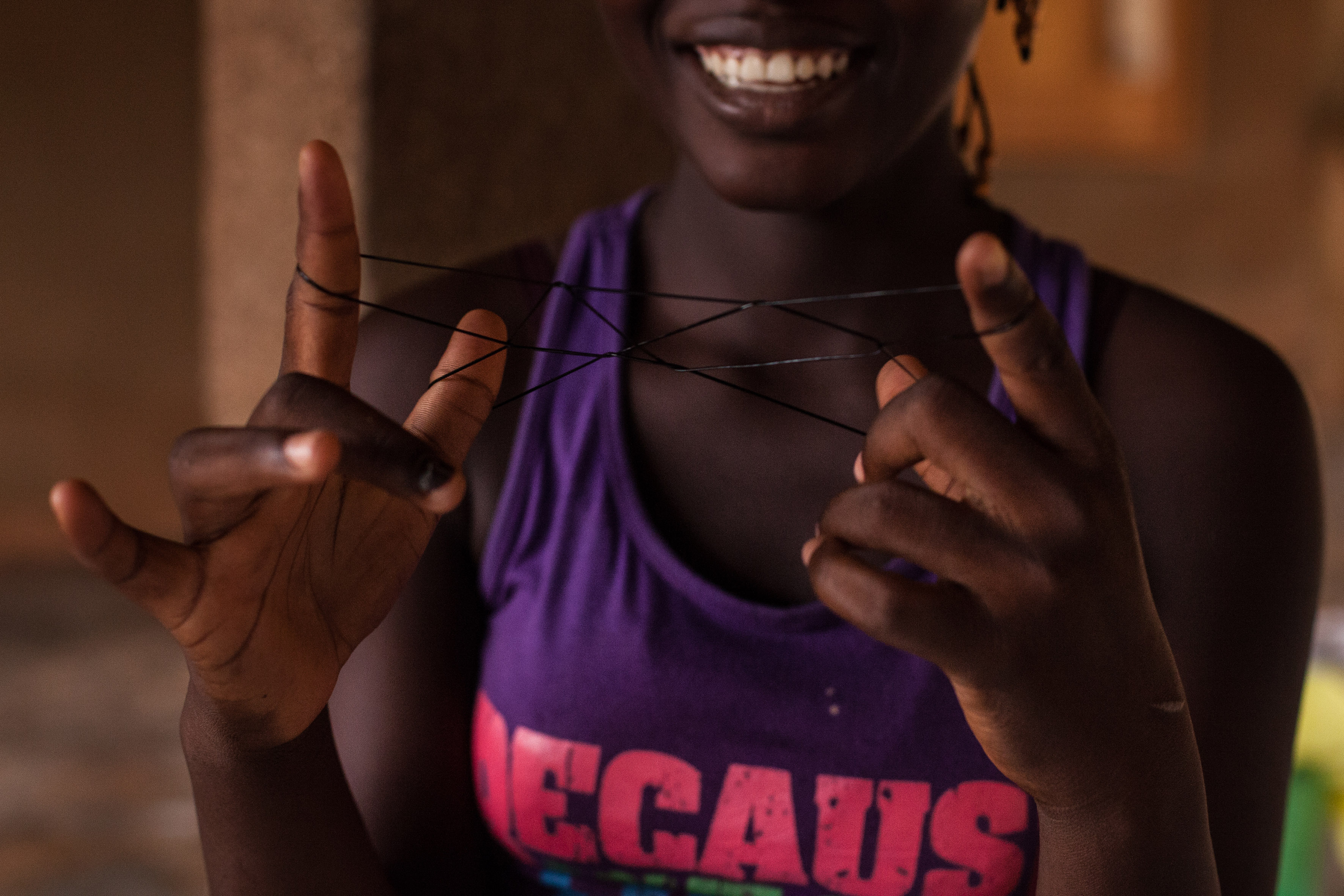
She is full of joie de vivre.
This pregnant teenage girl is all smiles and playfulness despite having been banished by her family because of her pregnancy. In Burkina Faso, girls who get pregnant outside marriage are often rejected by their families and find themselves without a home. At this shelter in Ouagadougou, these young mothers-to-be have a chance to relax and reconnect with their childhood.
Ouagadougou, 8 August 2015, Sophie Garcia
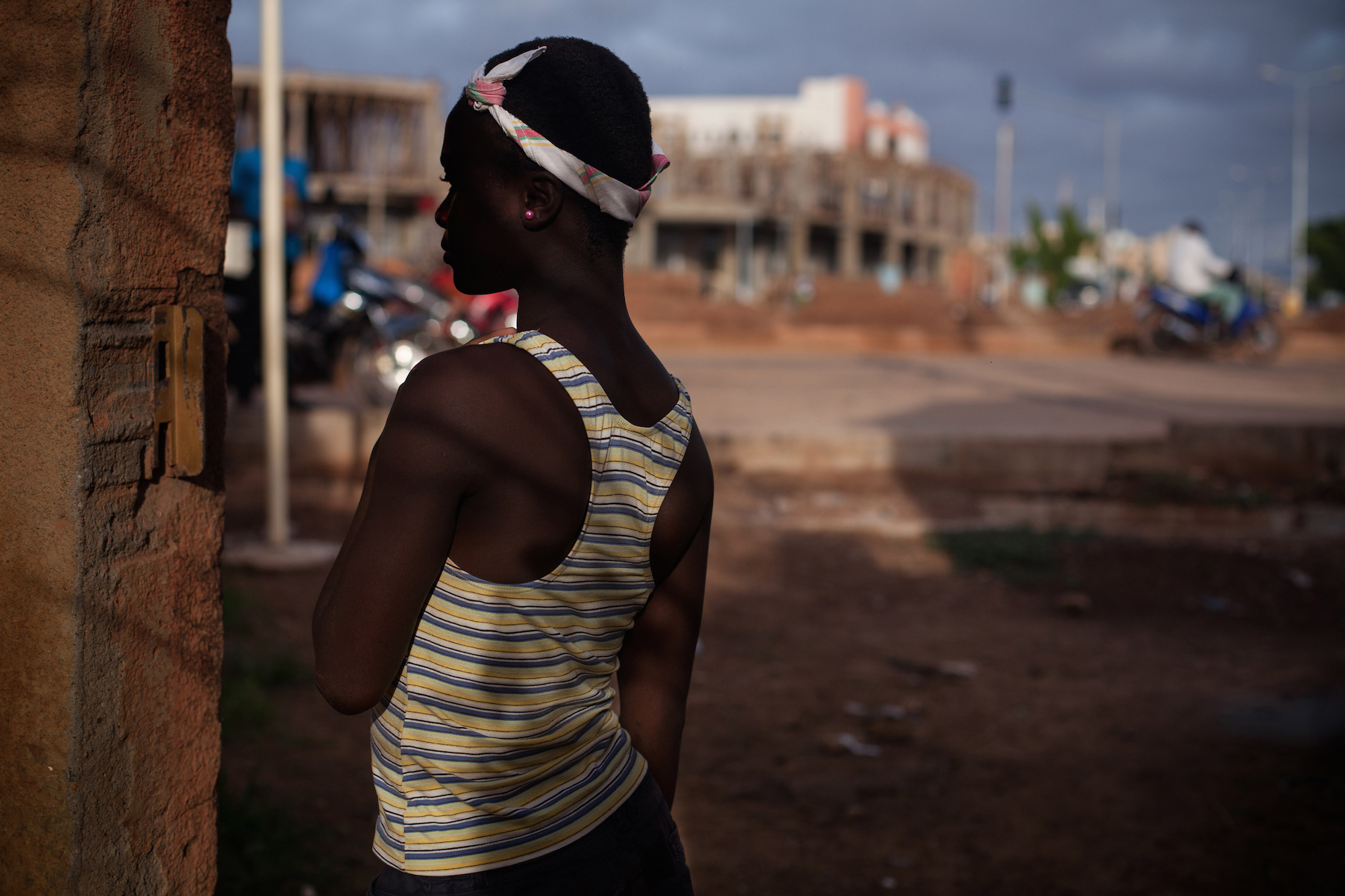
She is on the verge of something new.
This 13-year-old girl who survived rape is finding a way to a new life at this refuge in Ouagadougou. The shelter takes in girls who have been raped, forced to marry at an early age or have been forced to leave their homes because they are pregnant. Some of the girls are as young as 12.
Ouagadougou, 5 August 2015, Sophie Garcia
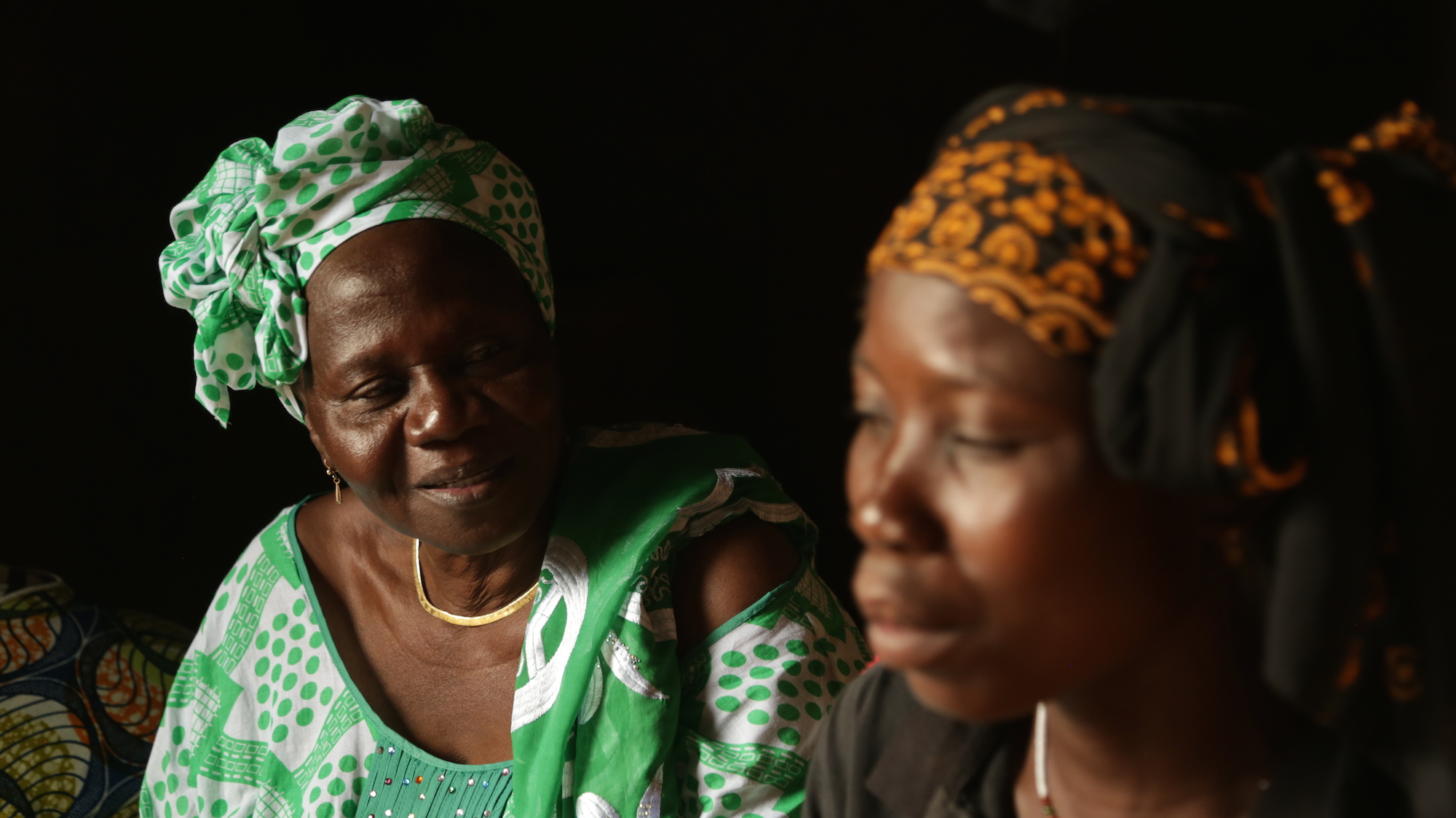
She sows the seeds of change.
Retired teacher and women’s rights activist Bibata Ouedraogo (left) works in rural communities to raise awareness and change behaviours related to HIV/AIDS, maternal health, violence and discrimination against women, FGM, and forced marriage. Here she counsels Abibou Sanga on sexual health. “Spreading awareness is the same process [as planting millet],” she says. “It’s just a seed at first and then it grows and we see the leaves.”
Sissaba, 29 June 2015, Nick Loomis
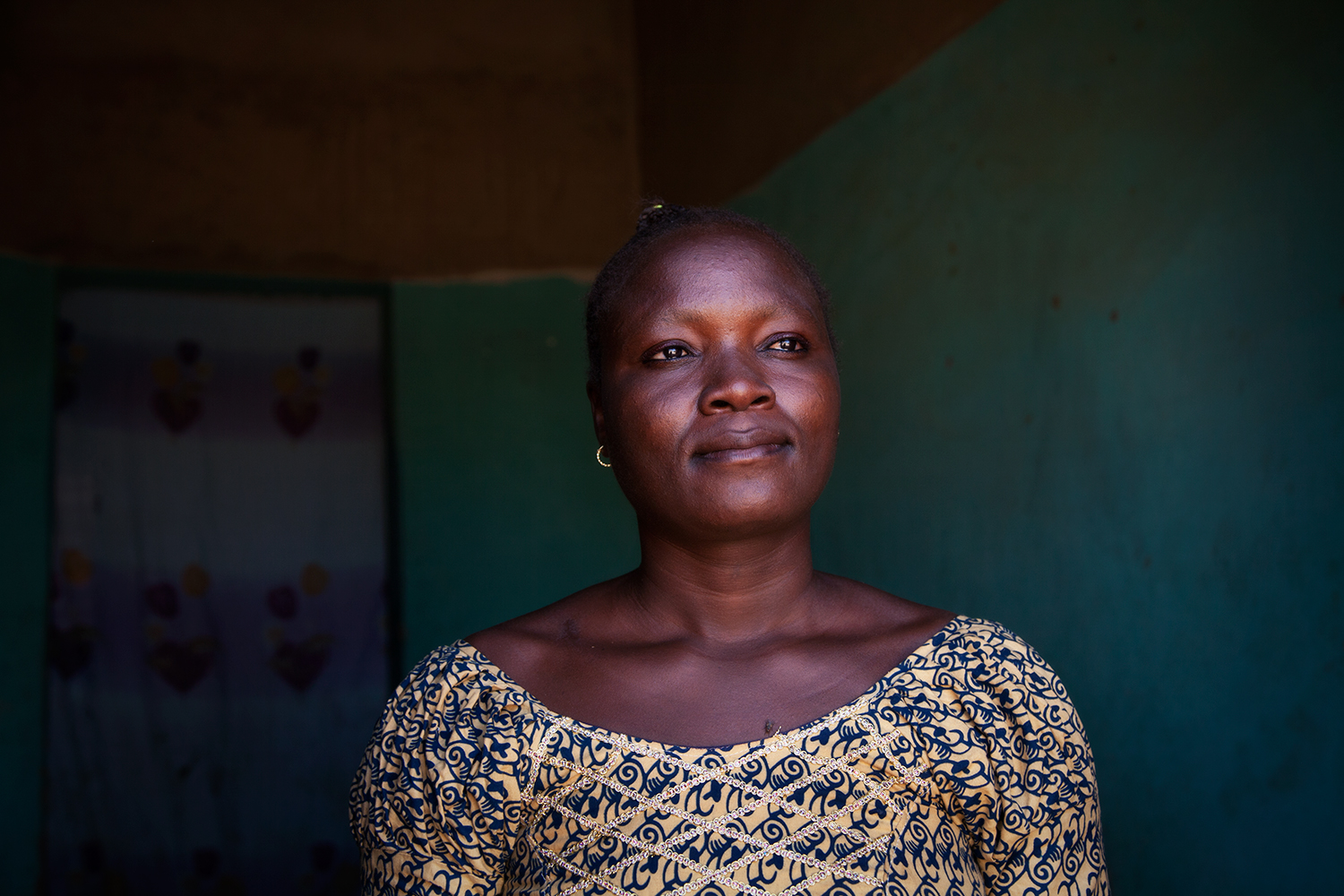
She is a provider.
When Awa Ouédraogo fell pregnant at age 14, she was rejected by her family. She lived in the street and gave birth to her child one evening in a shop where she had taken refuge. After a few years at the Pan Bila shelter for survivors of forced marriage, rape and unwanted pregnancy in Ouagadougou, Awa is now independent and able to provide for herself and her child thanks to her small fruit selling business.
Ouagadougou, 13 January 2016, Leila Alaoui
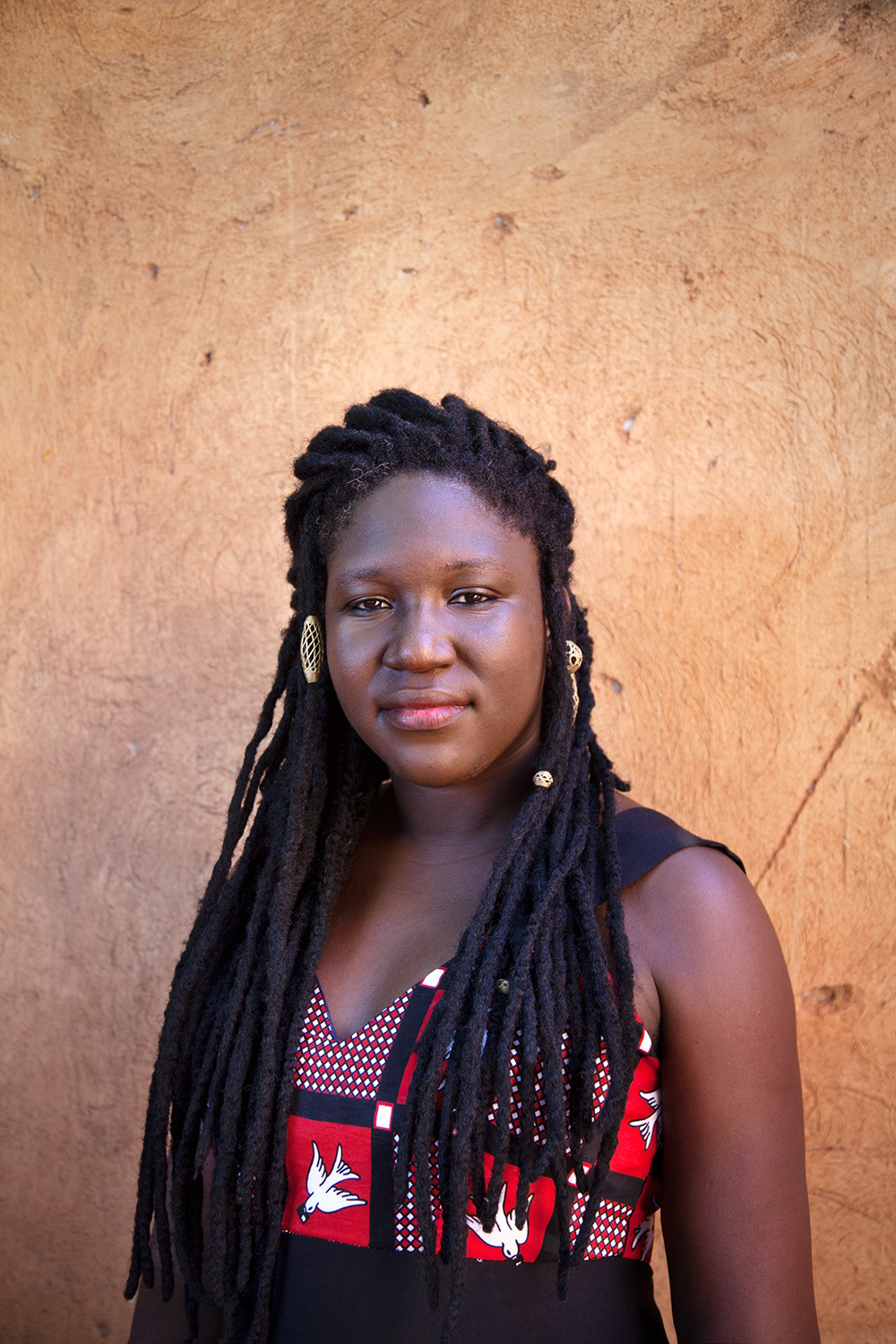
She makes her life useful to others.
28-year-old Cendrine Nama is a businesswoman, singer and activist for women’s and children’s rights. Her association Enfants en péril (childhood under threat) provides accommodation, education, food, and healthcare to street children and helps them integrate into adoptive families. She also campaigns against maternal mortality and in favour of better maternal health. “My life should at least be useful to others,” she says. “I should live a useful life.”
Ouagadougou, 12 January 2016, Leila Alaoui
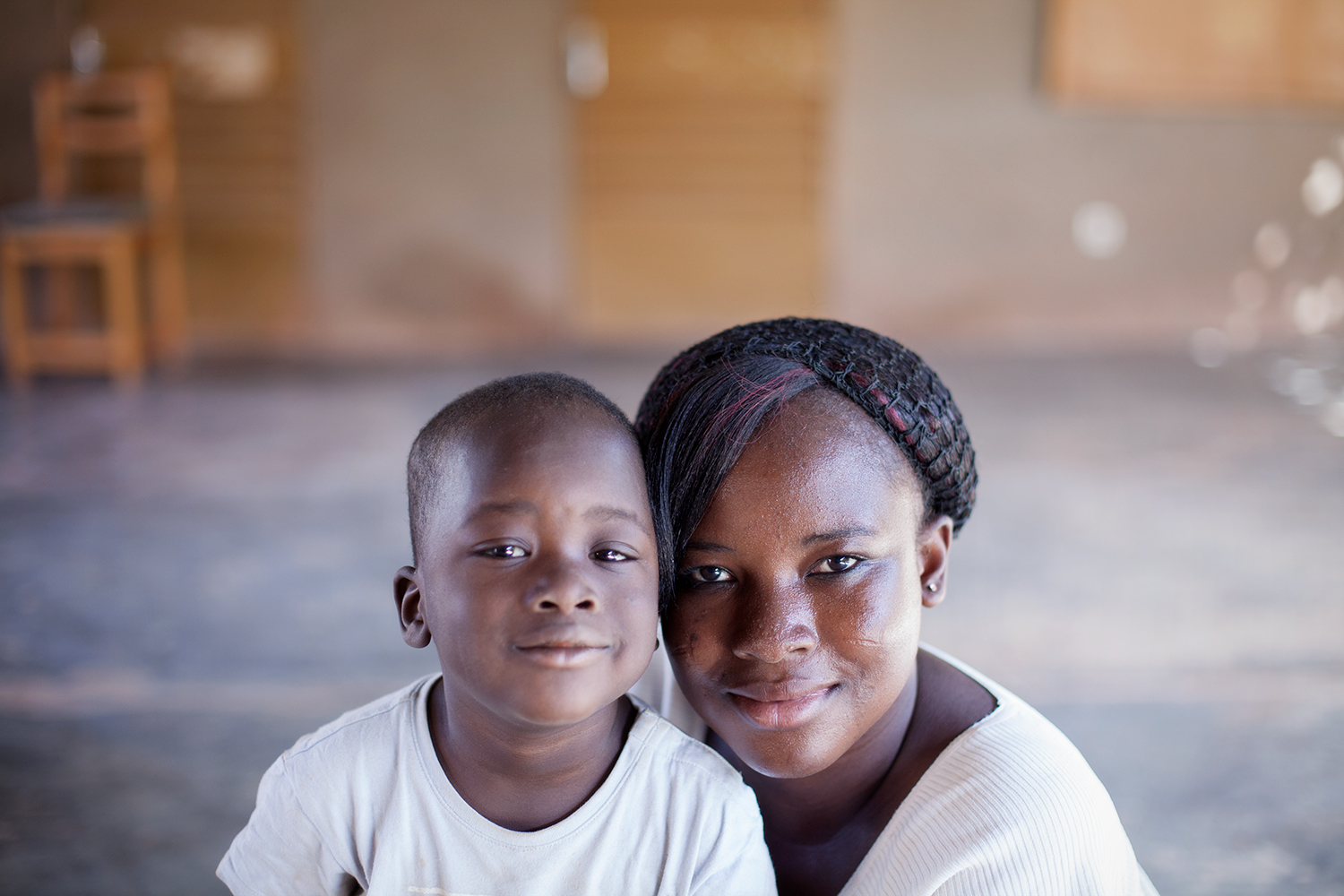
She is working for an independent future.
24-year-old Angèle Gondombo and her 3-year-old son have been at a shelter in Ouagadougou for a year. Banished by her family when she fell pregnant, Angèle was taken in by an aunt but as she did not want to be a burden on her aunt, she confided in a priest who brought her to the shelter. She earns a living as a waitress in the shelter’s restaurant and dreams of running her own restaurant in the future.
Ouagadougou, 12 January 2016, Leila Alaoui
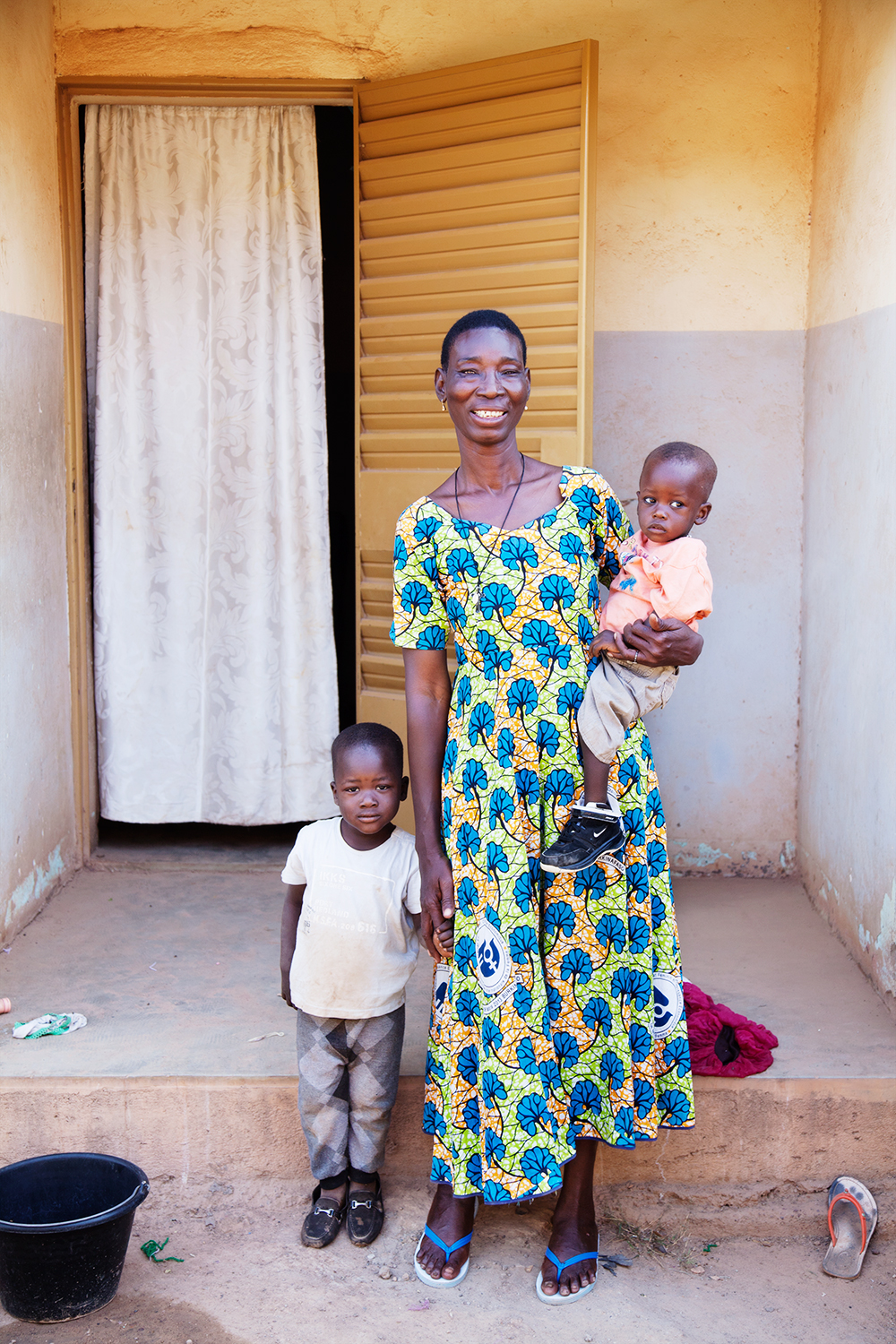
She provides a safe haven.
Catherine Ouedraogo, 58, has been coordinating the Foceb (Fondation Cardinale Emile Biyenda) shelter since 2005. The shelter takes in girls aged 12 to 18 who have survived rape, early and forced marriage and unwanted pregnancy. Between 2001 and 2009, the shelter accommodated a total of 209 girls and 168 children either born there or taken in with their mothers.
Ouagadougou, 12 January 2016, Leila Alaoui
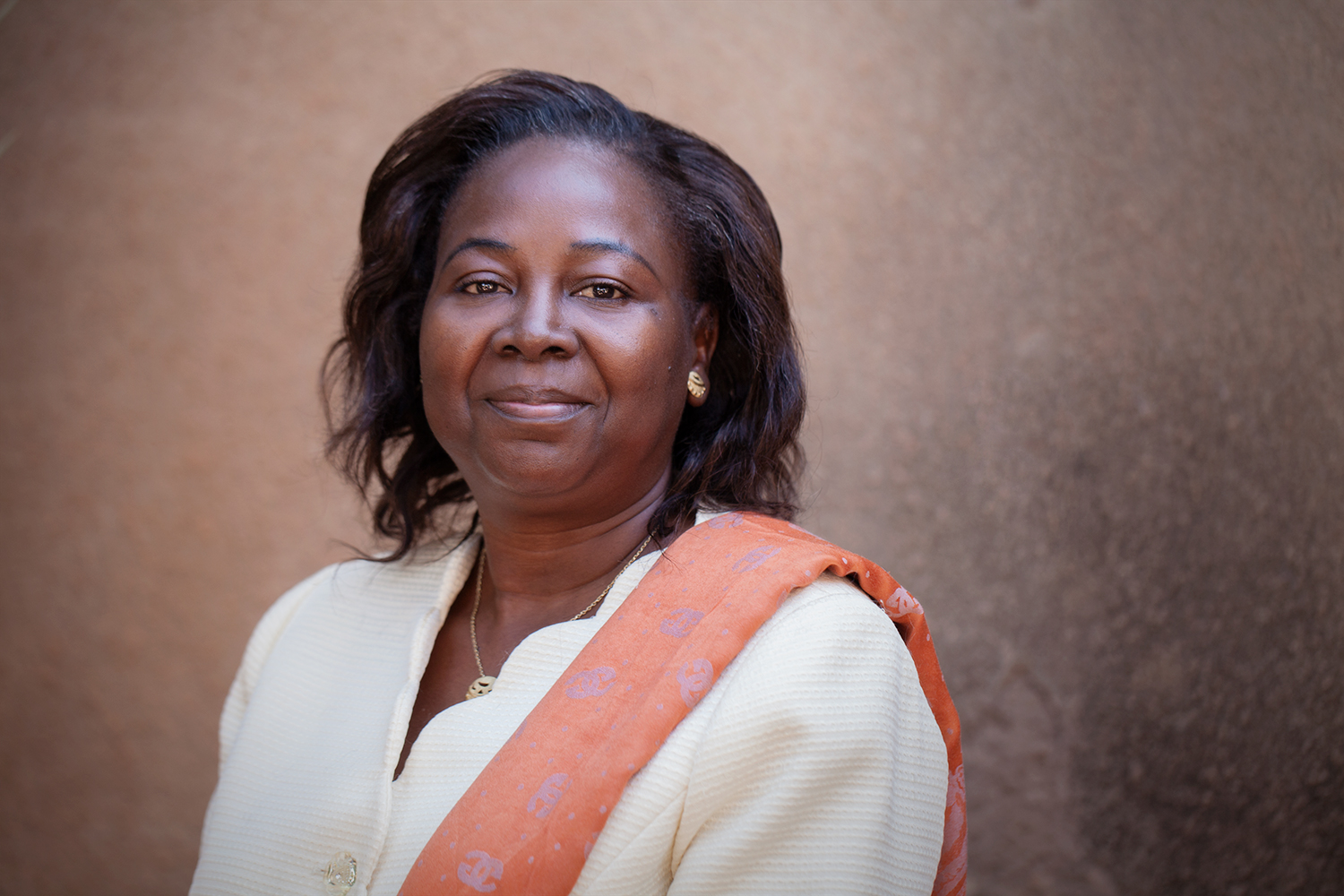
She empowers through education.
Hortence Lougué’s Association d’appui et d’eveil PUGSADA works on gender-based violence, education and human rights. She works with young girls and women who have been forced into marriage, including at a very young age, or have suffered female genital mutilation. Her organisation also supports education for girls who face early and forced marriage.
Ouagadougou, 13 January 2016, Leila Alaoui
Acknowledgements
Our thanks to the 12 women and girls who allowed us to tell their stories through this exhibition and to the shelters that arranged access to the young girls in their care.
Many more portraits should have featured here, from all over Burkina Faso. Our mission to photograph these girls and women was brutally ended by the deadly attack of 15 January 2016. Thanks to the family of Leila Alaoui and to our two other photographers, Sophie Garcia and Nick Loomis.
Whether it is a letter to the government of Burkina Faso, a message of solidarity to a young girl, a petition on behalf of a shelter, support to an association, or a plea to our own governments, our actions bring comfort, encouragement, awareness and help to bring change. Thanks to activists all over the world who have taken more than half a million such actions for the girls and women of Burkina Faso since December 2015.
We also acknowledge the efforts of the government of Burkina Faso in favor of sexual and reproductive rights for girls and women. The government has committed to raising the age of marriage for girls to 18 and will introduce free healthcare for women during pregnancy and childbirth in an effort to reduce the number of maternal deaths.
On behalf of the sheroes featured in this exhibition and the many who are not, we say thank you.
